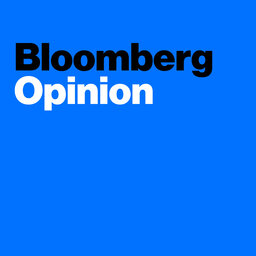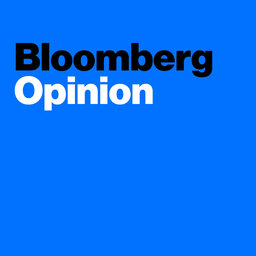Hawkish Rhetoric
Markets were faced with streams of hawkish rhetoric this week. In Russia, Vladimir Putin ordered the mobilization of reservists and, again, hinted at nuclear options. In Washington, Fed Chair Jerome Powell, again, signaled the Fed would crush inflation at the expense of growth, and delivered another 75 bps hike. Admiral James Stavridis, Jonathan Levin and John Authers join.
In 1 playlist(s)
Bloomberg Opinion
Deeper conversations on the week's most significant developments. Tune in and join in!Social links
Follow podcast
Recent clips

Introducing 'Here's Why' - Complex News Stories Explained
00:30

Airline Mergers and Restaurant Loyalty
35:20

Fossil Fuel Use and Drug Development
35:28
 Bloomberg Opinion
Bloomberg Opinion